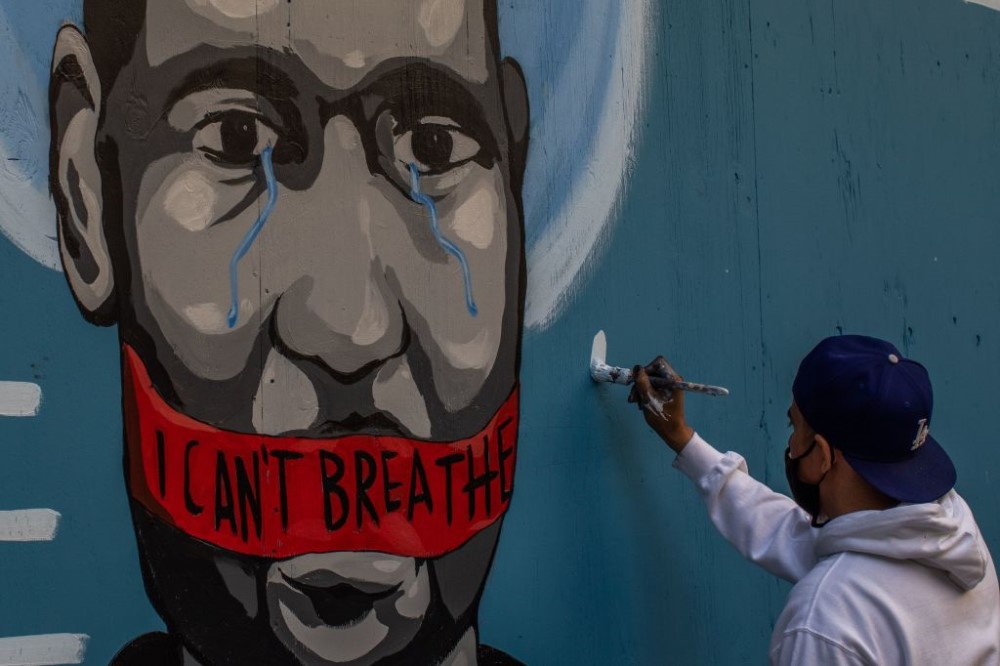
An epidemic is when a disease spreads over a wide area and many are ill at the same time. A pandemic affects an even wider geographical area and a significant portion of the population. Over the last six months we have been dealing with the novel coronavirus, better known as COVID-19. For well over three centuries, Black Americans have been dealing with an epidemic that has now become a pandemic.
As plans were being implemented by many states to incrementally reopen the business, retail, and restaurant industries, a century’s old epidemic resurfaced. The harsh reality is that people of color have endured centuries of physical, fiscal, and social injustices that are now being more openly exposed. Smartphone and camera technology, coupled with social media platforms, has made it more complicated to ignore.
The horrific images of George Floyd with the side of his face pinned to the filthy Minneapolis street, uttering the words “I can’t breathe,” before crying “Momma,” should make any human feel bothered, hurt, angry, and sad. The undeniable truth is that visual image of his tragic death, along with that of Ahmaud Arbery, Breonna Taylor, and countless others who have died as a result of racial and social injustices are not a new or uncommon phenomenon for Native Americans, Black Americans, Hispanics, or people of color in general. “We shall overcome” was the battle cry of generations past; “I can’t breathe” is the outcry for change that we are hearing in our communities by countless people of all generations, cultures, socioeconomic status, or political affiliation.
As local government professionals, we operate by a Code of Ethics and principles that were established to ensure that we implement policies and procedures that are equitable for all, regardless of political affiliation, gender, socioeconomic status, or race. John C. Maxwell said, “Leadership is seeing the possibilities in a situation while others are seeing the limitations.” Our profession has embodied this message since its inception. While business and industry focus on the bottom line, we are exploring how to ensure that essential services are fulfilled to create a safe, healthy, and resilient community for all residents.
To accomplish the goal of a safe, healthy, resilient, and sustainable community, we must be willing to be a light in a dim or dark room. We must be willing to engage in uncomfortable conversations and stand for what is morally and ethically right. Colin Kaepernick said, “Believe in something, even if it means sacrificing everything.” During this time, it is important to be a conduit of love, peace, conversation, calm, and change.
Arnold Bennett said, “Any change, even change for the better, is always accompanied by discomforts.” Be uncomfortable and let’s be the change.

This article appeared in the PM Special Supplement, Moments of Change: Leading with Courage and Commitment for Racial and Social Justice. If you would like to contribute to future publications on racial and social justice, contact us at pm@icma.org.
New, Reduced Membership Dues
A new, reduced dues rate is available for CAOs/ACAOs, along with additional discounts for those in smaller communities, has been implemented. Learn more and be sure to join or renew today!
